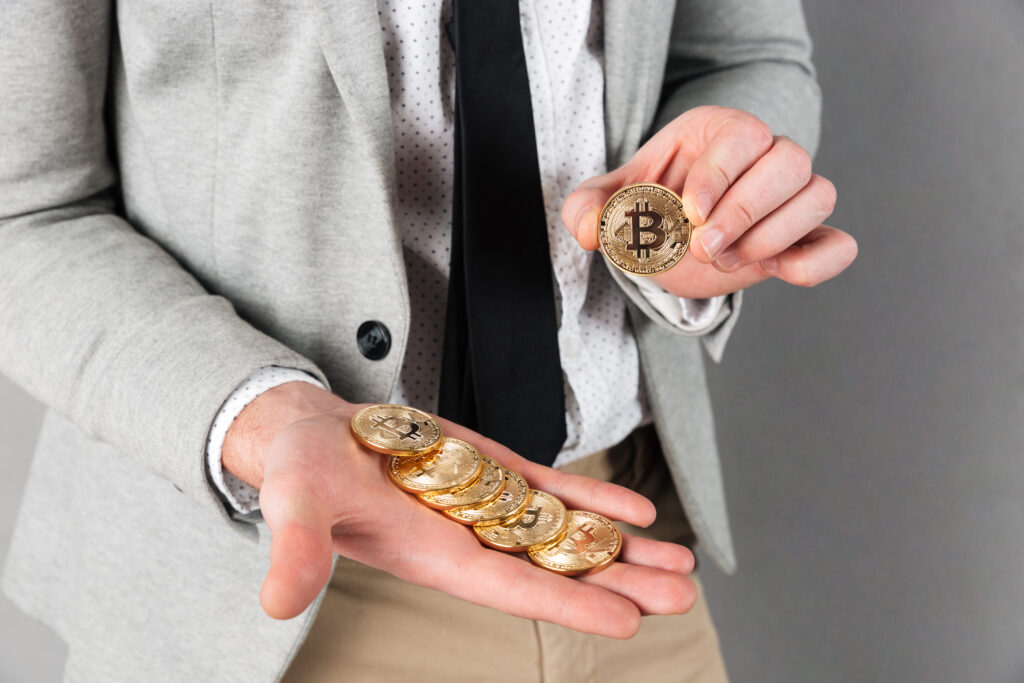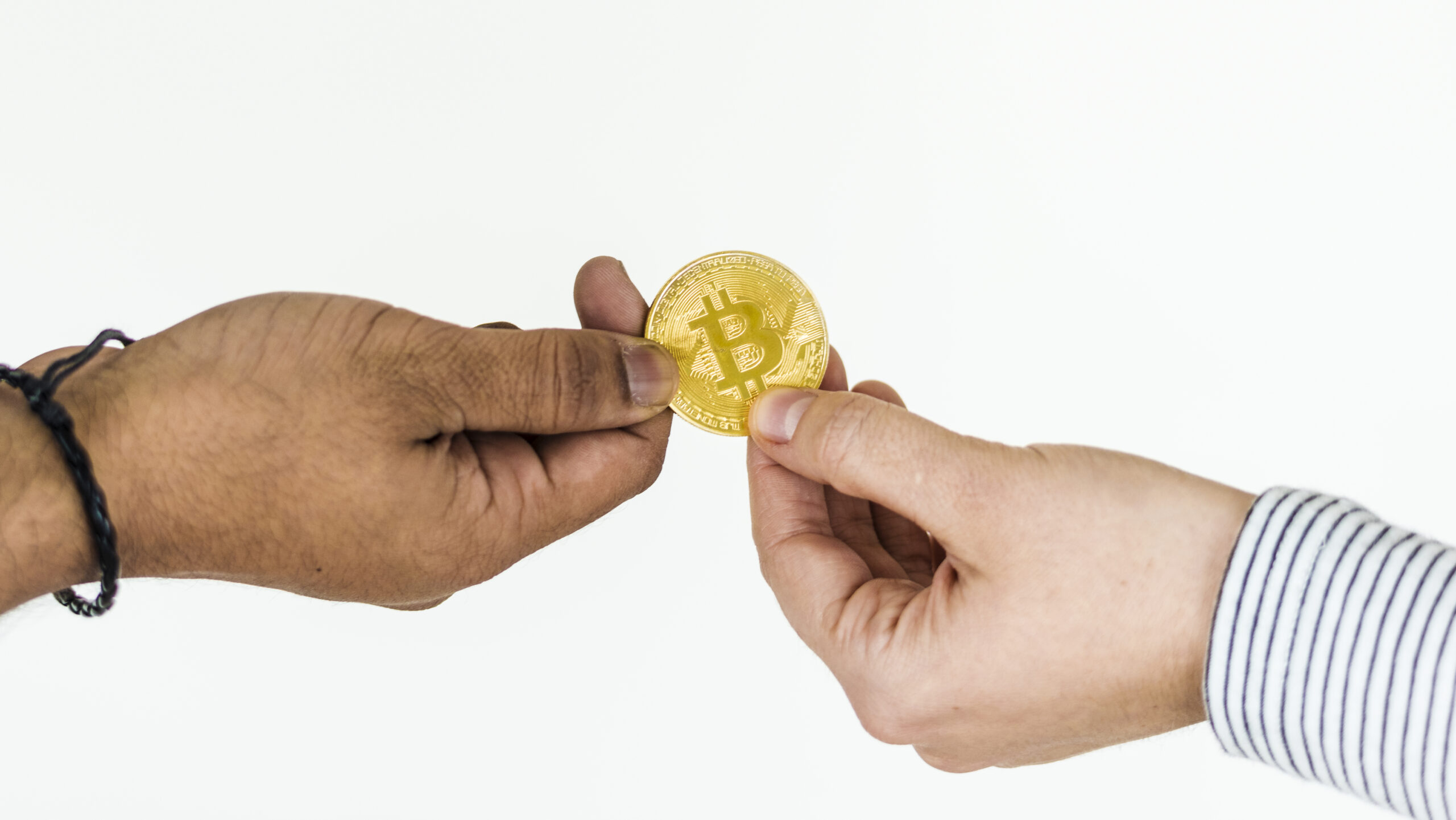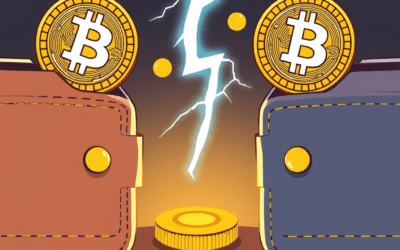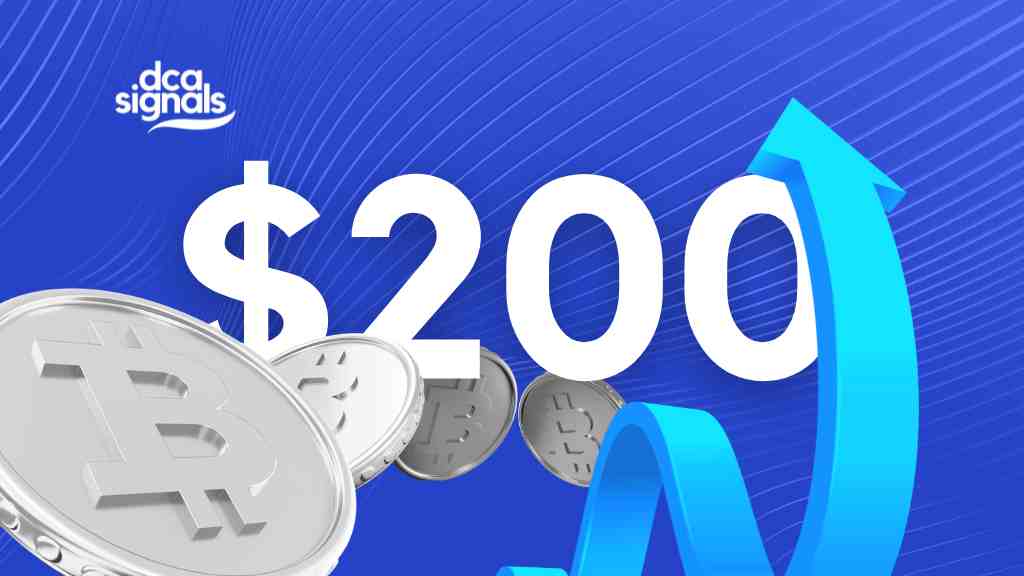One of the most hotly contested arguments surrounding bitcoin is whether it should be classified as a security or not. The classification of bitcoin as a security would have significant implications for its regulation, trading, and overall market dynamics. In this article, we will delve into the question “is bitcoin a security?” and explore the various arguments and perspectives surrounding this contentious issue.
Key-Points
- Securities are financial instruments that represent a claim on an issuer and can include stocks, bonds, and derivatives.
- Furthermore, those of the view of bitcoin as a security argue that the initial coin offering (ICO) boom of the early 2010s, where companies raised funds by selling digital tokens, demonstrated the prevalence of securities-like characteristics in the digital currency space.
- To classify bitcoin as a security, it would fall under the purview of securities regulations, requiring greater transparency, disclosure, and regulatory compliance from digital currency exchanges and issuers.
Inhaltsübersicht
Understanding Securities and Commodities
To grasp the complexity of the debate, it is essential to understand the distinction between securities and commodities. Securities are financial instruments that represent a claim on an issuer and can include stocks, bonds, and derivatives. They are regulated by the Securities and Exchange Commission (SEC) in the United States. Commodities, on the other hand, are physical goods traded on exchanges, such as agricultural products and precious metals.
The debate over whether bitcoin should be classified as a security or a commodity hinges on its inherent nature and characteristics. Some argue that bitcoin shares similarities with traditional securities, while others contend that it aligns more closely with commodities. Let’s explore both perspectives in greater detail.
The Case for Bitcoin as a Security
Those of the view of bitcoin as a security often highlight its similarities to traditional investment instruments. They argue that bitcoin as a security; functions as an investment vehicle, providing individuals with the opportunity to invest their capital and generate profits. This perspective emphasizes the role of intermediaries, such as digital currency exchanges, in facilitating the buying and selling of bitcoin.
According to this line of reasoning, the Howey Test, established by the SEC, is a crucial framework for determining whether an investment qualifies as a security. The Howey Test defines a security as an investment contract where individuals invest money in a common enterprise with the expectation of profits derived solely from the efforts of others. Proponents assert that bitcoin as a security; satisfies these criteria, as investors rely on the efforts of miners and developers to maintain and improve the network.
Furthermore, those of the view of bitcoin as a security argue that the initial coin offering (ICO) boom of the early 2010s, where companies raised funds by selling digital tokens, demonstrated the prevalence of securities-like characteristics in the digital currency space. Many ICOs promised investors future returns, similar to traditional securities offerings. The SEC’s crackdown on fraudulent ICOs further solidified the argument that some digital currencies should be treated as securities.

The Case for Bitcoin as a Commodity
On the other side of the debate, proponents assert that bitcoin should be classified as a commodity. They contend that bitcoin’s primary purpose is to serve as a decentralized digital currency, designed to facilitate peer-to-peer transactions without the need for intermediaries. This perspective emphasizes bitcoin’s utility as a medium of exchange and a store of value.
Advocates for bitcoin as a commodity often draw parallels with other commodities like gold or oil. They argue that bitcoin, like these commodities, derives its value from market forces of supply and demand. Additionally, they highlight the decentralized nature of bitcoin, which differentiates it from traditional securities that rely on centralized issuers or intermediaries.
Moreover, proponents of Bitcoin as a commodity point to the regulatory landscape surrounding digital currencies. In many jurisdictions, bitcoin is treated as a commodity, subject to regulatory oversight from entities like the Commodity Futures Trading Commission (CFTC) in the United States. This approach reflects the belief that Bitcoin’s unique features align more closely with commodities than with traditional securities.
The Regulatory Challenges and Implications
The classification of bitcoin as a security or a commodity has significant regulatory implications for the digital currency industry. If bitcoin were to be deemed a security, it would fall under the purview of securities regulations, requiring greater transparency, disclosure, and regulatory compliance from digital currency exchanges and issuers. This could potentially stifle innovation and hamper the growth of the industry.
Conversely, classifying bitcoin as a commodity would subject it to a different set of regulations, primarily focused on market manipulation and fraud prevention. This approach acknowledges the unique characteristics of digital currencies and aims to strike a balance between investor protection and fostering innovation.
The regulatory challenges surrounding bitcoin’s classification are further complicated by the global nature of the digital currency market. Different countries have taken divergent approaches to regulation, with some recognizing digital currencies as legal tender, while others have imposed stringent restrictions or outright bans. Achieving a globally harmonized regulatory framework for digital currencies remains a significant challenge.

The Legal Precedents and Ongoing Lawsuits
The question of whether bitcoin is a security has been the subject of various lawsuits and legal proceedings. These cases have shed light on the complexities of classifying cryptocurrencies and have far-reaching implications for the industry.
In June 2023, the Securities and Exchange Commission (SEC) brought charges against Binance, one of the largest digital currency exchanges, and its founder, Changpeng Zhao, alleging the unregistered sale of securities. A similar lawsuit has been pursued against Ripple Labs since December 2020, with the SEC claiming that Ripple’s XRP token is a security. These high-profile cases have brought the debate over bitcoin’s classification to the forefront of regulatory discussions, leaving the question whether bitcoin as a security can happen.
The outcomes of these lawsuits will shape the regulatory landscape and provide clarity on whether bitcoin should be treated as securities. The decisions reached in these cases will have far-reaching consequences for the industry, potentially leading to significant changes in how digital currencies are traded, regulated, and perceived by the public.
The Importance of Regulatory Clarity
Irrespective of whether they decide bitcoin as a security or not, regulatory clarity is crucial for the digital currency industry’s long-term growth and stability. Clear and consistent regulations can provide market participants with the confidence and certainty they need to engage with digital currencies.
Regulators play a vital role in striking the right balance between fostering innovation and protecting investors. They must adapt to the unique characteristics of cryptocurrencies, ensuring that regulations are flexible enough to accommodate technological advancements while safeguarding against potential risks and abuses.
Navigating the Complexities of Bitcoin’s Classification
Whether bitcoin as a security is far from settled. The arguments and perspectives surrounding this issue highlight the complexities of classifying a digital currency that has disrupted traditional financial systems and challenged established regulatory frameworks.
As the digital currency market continues to evolve and mature, it is essential for regulators to keep pace with the rapid changes and provide clear guidelines for market participants. Striking the right balance between regulation and innovation will be crucial in fostering a thriving and responsible digital currency ecosystem.
Ultimately, the classification of bitcoin as a security or a commodity will have far-reaching implications for the industry. Regardless of the outcome, it is clear that digital currencies are here to stay and will continue to shape the future of finance. As the debate rages on, the industry and regulators must work together to strike the right balance and ensure that digital currencies can thrive while protecting investors and maintaining market integrity.









